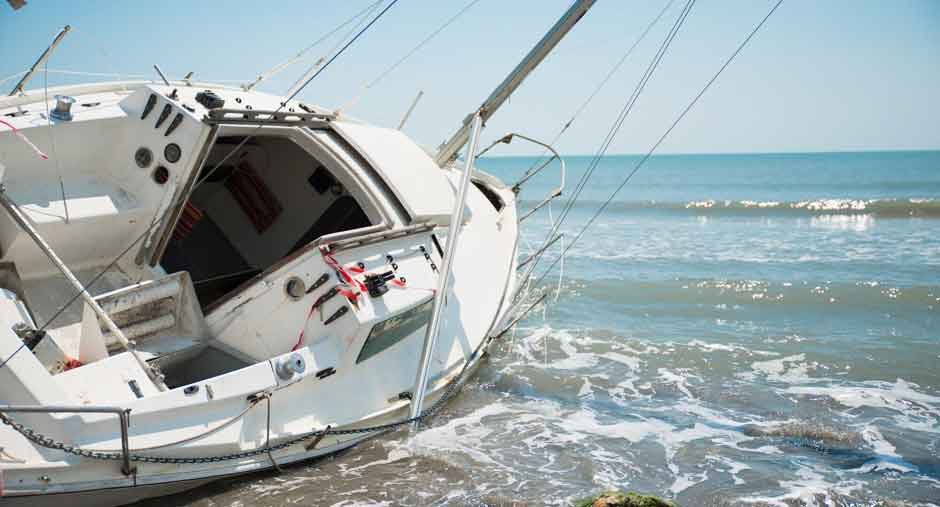Ahoy! Welcome aboard the ship of knowledge as we explore the seas of liability in some marine accident. Understanding liability during marine accidents is vital whether you’re a vessel captain or paddling in a kayak.
Fasten your lifebelt, grab your compass, and navigate the legal waters with ease. Your voyage to understanding starts here! Read on!
What Is Liability in a Marine Accident?
In simple terms, liability refers to legal responsibility for an accident or incident. In the context of marine accidents, it involves determining who is at fault. It points out who’s responsible for any damages or injuries that may have occurred.
Liability can arise from various factors. This includes negligence, recklessness, or failure to follow safety regulations. It can also include responsibility for equipment failure or improper maintenance.
In 2017, the United States Coast Guard reported an alarming 4,291 boating accidents. This highlights the importance of understanding and adhering to legal liability standards.
These incidents underscore the need for boaters and mariners to update their knowledge. Specially in safety practices and legal responsibilities regularly.
Types of Liability in a Marine Accident
In the vast and unpredictable sea realm, liability takes on several forms. Here, we’ll anchor down on a few key types of liability that often emerge in the wake of marine or cruise incidents.
Civil Liability
Civil liability arises when there is a breach of contract between the parties involved. This includes the shipowners, cargo owners, and charterers. This kind of risk usually means that the injured person gets the money to make up for it.
Criminal Liability
Criminal liability is a more severe form of legal responsibility. It can result in fines or imprisonment.
This type of liability typically involves intentional wrongdoing. This includes intentionally causing harm to others or violating marine safety regulations.
Strict Liability
Strict liability means the responsible party is liable regardless of intent or fault. In a marine accident, it can apply to defective products or equipment. Something that caused the accident, even if proper maintenance and usage were always observed.
Determining Liability in a Marine Accident
As with any legal matter, determining liability in a marine accident can be complex. Many factors can make it challenging to determine who is at fault. This includes jurisdiction, international laws, and the involvement of multiple parties.
Evidence such as witness statements, expert opinions, and physical evidence will be considered. It helps in establishing liability in a marine accident case. Legal principles such as the “but for” test or the concept of foreseeability may also come into play.
Navigating Liability in a Marine Accident
In a marine accident, it’s crucial to have a thorough understanding of liability. This helps in protecting oneself legally. Vessel owners should ensure they have proper insurance coverage. They must also follow safety regulations, and run regular maintenance to lower liability risks.
In the case of cruise ship crashes, seek legal counsel from a maritime lawyer. This can help navigate the complex waters of liability.
Additionally, keep clear records and documentation. These can aid in establishing liability and protecting one’s legal rights.
Charting a Safe Course: Preventing and Preparing for a Marine Accident
Understanding liability in a marine accident is key to navigating the legal repercussions that may arise. Stay informed and prepared! Remember, the calmest seas are always navigated with knowledge and caution.
Don’t let the sea of legal complexities drown you in confusion. Navigate with confidence by staying informed. Visit our blog for more insights and guidance on marine law, safety tips, and how to steer clear of legal storms. Set sail towards legal clarity today!






